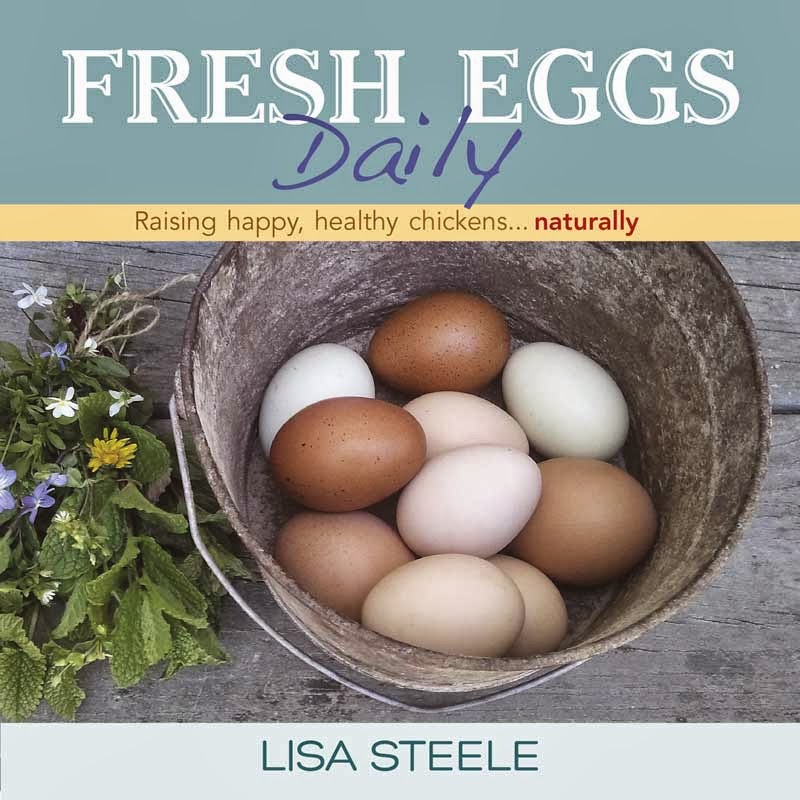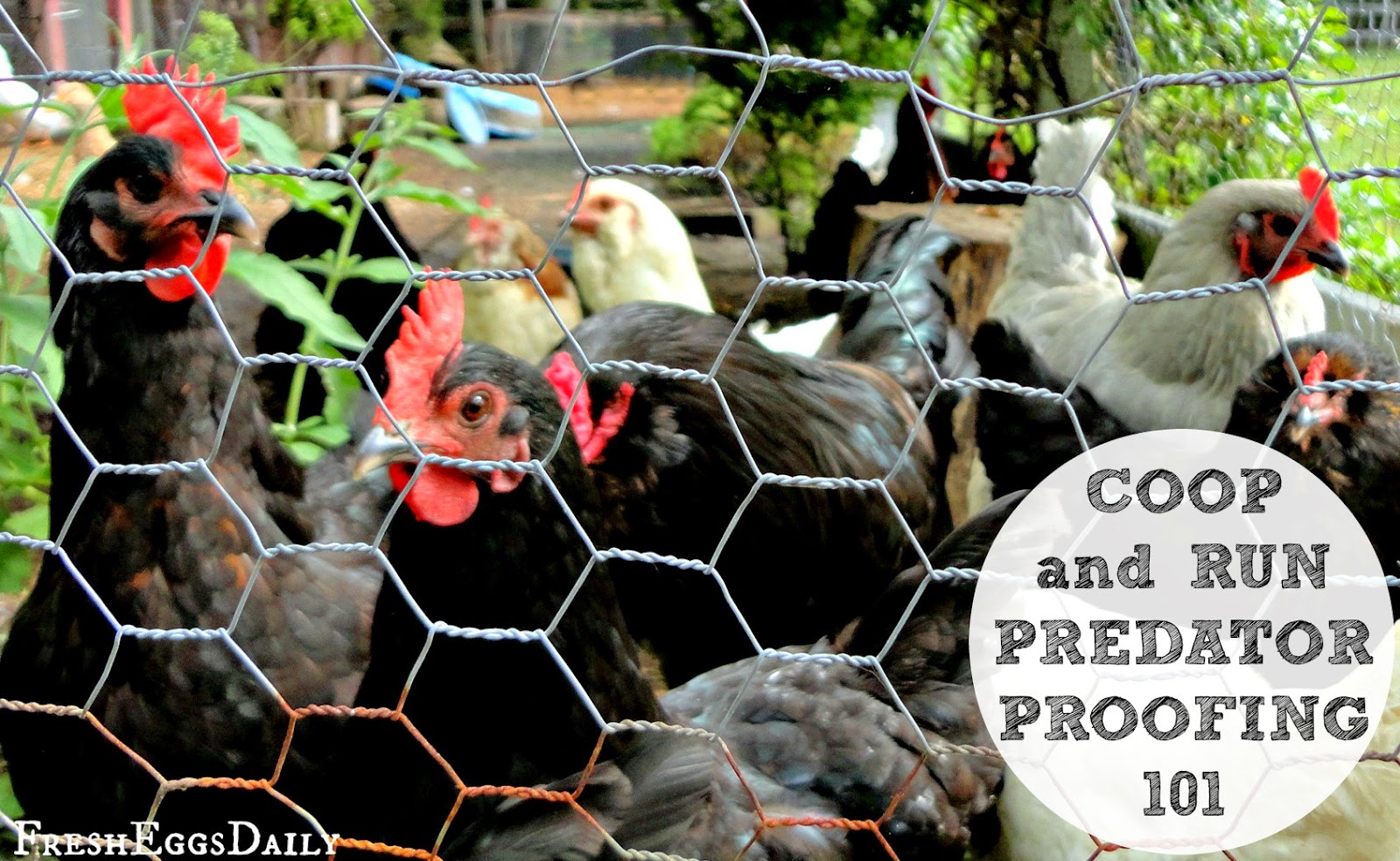Urban chickens are a growing trend. Why? Your own flock gives you eggs with much more nutrients and flavor, says Lisa Steele of Fresh Eggs Daily.
For most of us, eggs come from a cardboard carton found at the store. And from Omega 3 fortified, to large, medium, and small factory farm eggs, organic, grain fed and free range varieties, the options seem plentiful.
But are we really tasting the full spectrum? Not everyone gets their eggs off a shelf. Some know better.
Take Lisa Steele, for example. A Maine resident with a small farm, Steele gets her eggs as fresh as they come.
(Photo credit: fresheggsdaily.com)
As the creator of fresheggsdaily.com, Steele has been raising her own chickens ever since she happily left an almost-ten-year stint on Wall Street, some years ago.
Related: Six Egg Tricks to Impress Your Friends
Steele is part of a growing group of consumers who’ve decide to raise their own chickens because, well, they seem to be in on an old farm secret: not only do people who raise their own get to enjoy a rewarding, alternative project but they also get to eat food that’s chock full of flavor… and nutrients.
“Fresh eggs just taste so much better, I can’t imagine ever going back. And the nutritional content is superb,” says Steele.
What’s Under the Shell?
(Photo credit: fresheggsdaily.com)
It’s true. Backyard eggs are loaded with up to three times the nutrients of eggs from caged hens, leaving their ‘regular’ competition in the dust.
Here are the stats: on average, backyard eggs contain a third less cholesterol, on quarter less saturated fat, two-thirds more vitamin A, two times more omega-3 fatty acids, three times more vitamin E and a whopping seven times more beta carotene when compared with eggs from caged hens.
Related: Meet the First School District to Serve 100% Organic Meals
Steele even claims you can see the difference. Store bought eggs can tend to be pale and break apart easily. In contrast, the white of a fresh egg will be thick and slightly cloudy, and hold its shape in a frying pan.
As for the yolk, that of a fresh egg will be dome-shaped, firm and a deliciously vibrant orange.
The differences are due to love and care and a varied diet. Backyard chickens get to eat meals filled with leafy greens, grasses and weeds as opposed to simple commercial feed, states Steele.
How’s that for a tasty breakfast? Makes me want to get crackin’.
Tips for Newbies
While many of us will likely leave the farming to those with awesome sun hats, if you’re thinking of getting some chickens of your own, Steele offers these tips:
Expect predators. Coyotes, foxes, the neighbor’s dog and hawks will all go after your flock. So be prepared.
Related: Four Food Trends You Should Be Aware Of
And don’t just jump into raising chickens because the chicks at the local feed store looked so cute.
Do your homework, read up on back yard chickens and find out for starters if, a) the whole thing is really for you, and, b) if your municipality will allow you to keep fowl.
If you really think you’re up to it, give it a go. It’s worth the work.
For more information about raising back yard chickens, or just to live vicariously through Lisa in the idyllic Maine countryside, catch her show Fresh Eggs Daily on OurMaine TV, or YouTube, and check out her website, Fresh Eggs Daily.com and Facebook page for regular updates.
You can also find Steele’s latest book, Gardening With Chickens on Amazon.com at your local bookstore, and at Barnes and Noble.
Photo credit: Amy Kerkemeyer/Shutterstock















